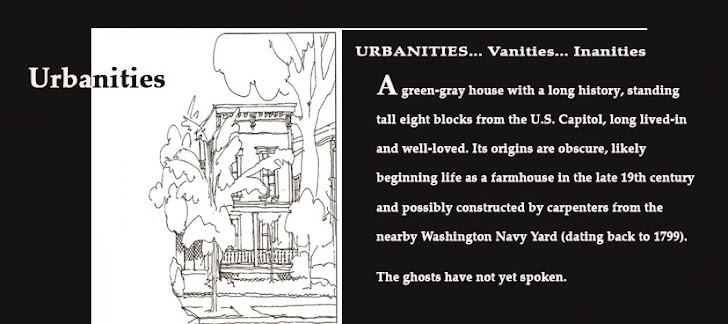Among the more rewarding happenstance encounters in Washington are conversations with Lyft/Uber drivers who appear like magic on the digital grid at one's bidding (most of the time). The names on your screen are a hint of sorts of their origin, but often the names are too inscrutable to be real clues. The young father of two who responded to my call on early Saturday evening turned out to be from Afghanistan - a place I had lived for several months in 2009. Beyond that tiny fact, we had little in common but sympathy for a country under perpetual siege. He had been an interpreter for the U.S. Marines for 7 years, both in the field and in office jobs, before obtaining a visa to settle in this country in a small town an hour outside Washington, with his Afghan wife. (I can't give his name since I did not ask his permission.) His day job was with Coca Cola - up from driving trucks to working in an office - but he had done the gamut of 'recent refugee' jobs, mostly menial ones, such as helping care for developmentally disabled children aboard school buses. Strapping them in, being sure they are safe, etc. That was only one of a list he rattled off before he told of his time alongside the Marines living in some of the most critically engaged provinces, fighting the Taliban and Isis. He was Hazara, the 'despised minority' in the eyes of the dominant Pashto tribe. He had only three years of formal schooling but somehow managed to learn English, Urdu, and Pashto along the way. His wife had taken odd jobs that required little English speaking ability before their second child was born, a daughter. He drove for Lyft and Uber on Saturday, spending Sunday with his family. They speak Dari at home while his three year old son is learning English from cartoons on TV. His small Toyota was new. A practicing Muslim, he had no complaints about how his religion was viewed in this country but he deplored attitudes he sees on television. His time with the Marines showed him how little religion really mattered when he came to getting along. "Jews, Christians, it wasn't important. We looked out for one another."
